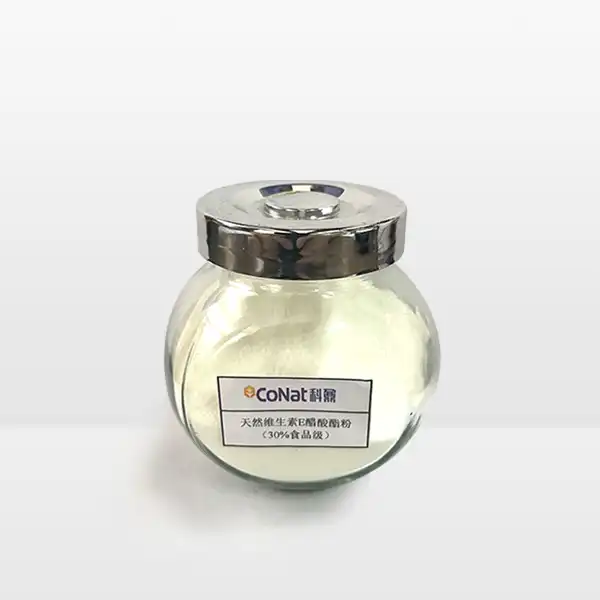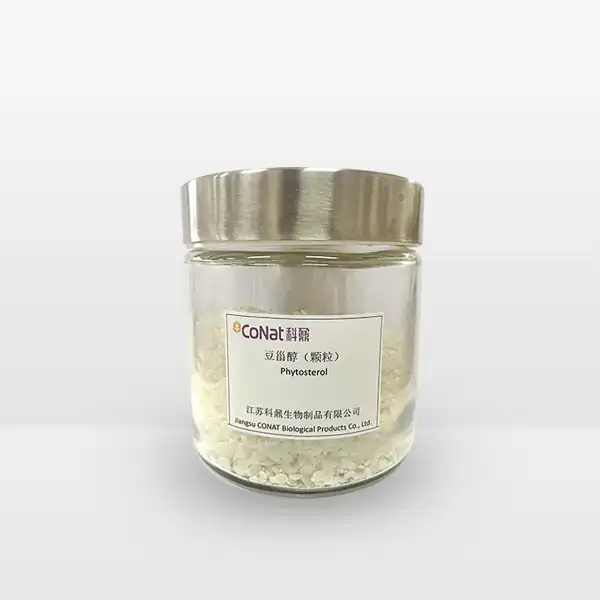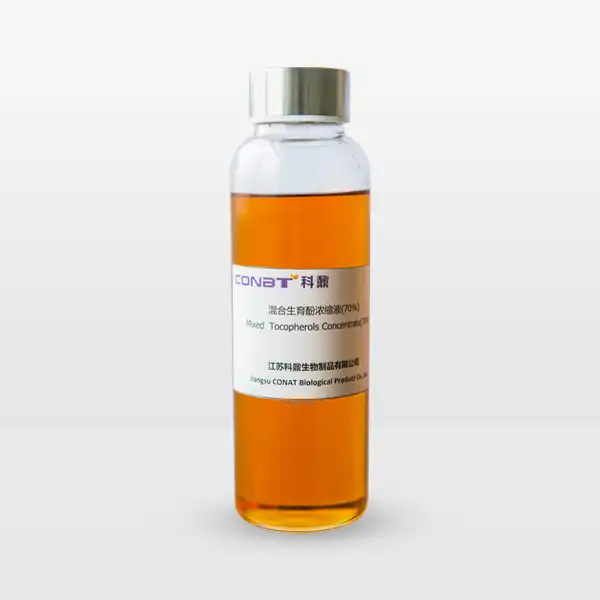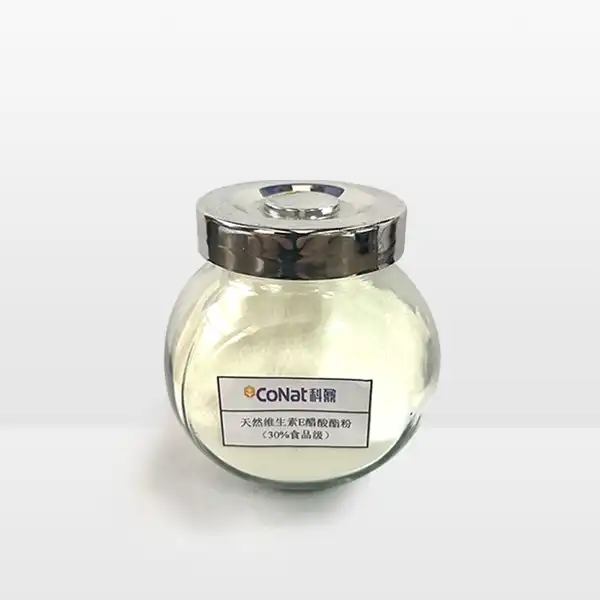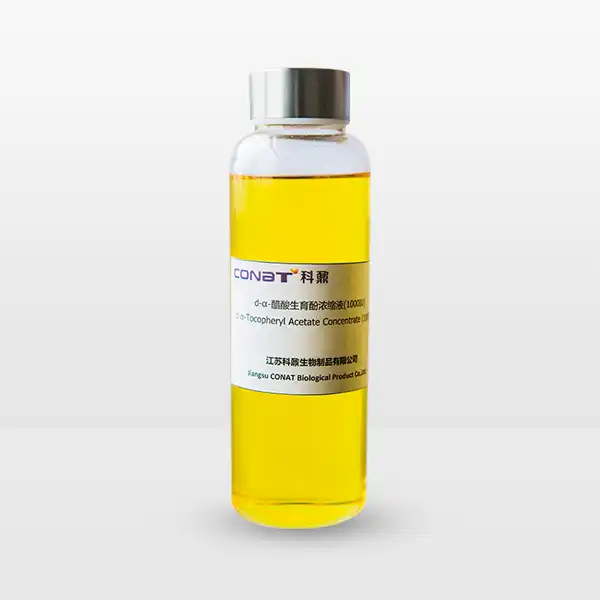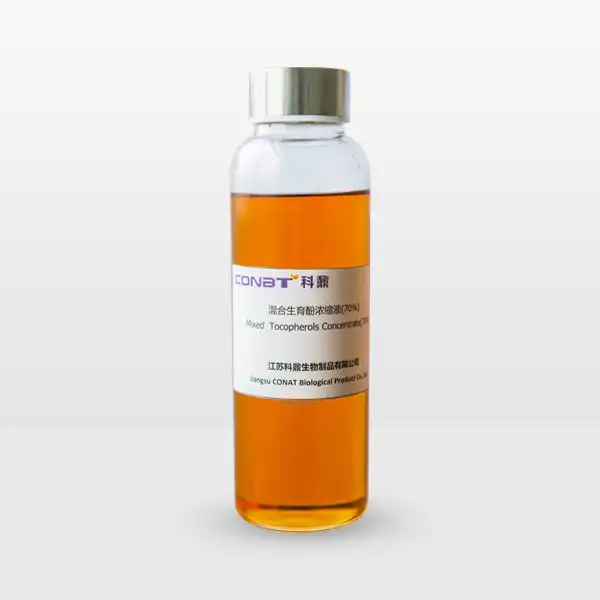- English
- French
- German
- Portuguese
- Spanish
- Russian
- Japanese
- Korean
- Arabic
- Greek
- German
- Turkish
- Italian
- Danish
- Romanian
- Indonesian
- Czech
- Afrikaans
- Swedish
- Polish
- Basque
- Catalan
- Esperanto
- Hindi
- Lao
- Albanian
- Amharic
- Armenian
- Azerbaijani
- Belarusian
- Bengali
- Bosnian
- Bulgarian
- Cebuano
- Chichewa
- Corsican
- Croatian
- Dutch
- Estonian
- Filipino
- Finnish
- Frisian
- Galician
- Georgian
- Gujarati
- Haitian
- Hausa
- Hawaiian
- Hebrew
- Hmong
- Hungarian
- Icelandic
- Igbo
- Javanese
- Kannada
- Kazakh
- Khmer
- Kurdish
- Kyrgyz
- Latin
- Latvian
- Lithuanian
- Luxembou..
- Macedonian
- Malagasy
- Malay
- Malayalam
- Maltese
- Maori
- Marathi
- Mongolian
- Burmese
- Nepali
- Norwegian
- Pashto
- Persian
- Punjabi
- Serbian
- Sesotho
- Sinhala
- Slovak
- Slovenian
- Somali
- Samoan
- Scots Gaelic
- Shona
- Sindhi
- Sundanese
- Swahili
- Tajik
- Tamil
- Telugu
- Thai
- Ukrainian
- Urdu
- Uzbek
- Vietnamese
- Welsh
- Xhosa
- Yiddish
- Yoruba
- Zulu
How is D-Alpha-Tocopheryl Acetate Powder Incorporated Into Dietary Supplements?
D-alpha-Tocopheryl Acetate Powder represents a sophisticated and highly concentrated form of vitamin E that has become increasingly crucial in the dietary supplement industry. As a sophisticated nutritional ingredient, this specialized powder offers manufacturers and formulators a versatile and stable method of incorporating essential vitamin E into a wide range of health and wellness products. Its unique chemical structure and food-grade classification make it an exceptional choice for creating high-quality nutritional supplements that support overall human health and well-being.
What Makes d-alpha-Tocopheryl Acetate Powder a Preferred Vitamin E Source in Nutraceuticals?
The selection of d-alpha-Tocopheryl Acetate Powder as a primary vitamin E source in nutraceutical formulations stems from its remarkable stability and bioavailability. Unlike other forms of vitamin E, this specific powder demonstrates exceptional resistance to oxidation, ensuring that the nutritional potency remains intact throughout the manufacturing, packaging, and storage processes. Manufacturers appreciate its consistent molecular structure, which allows for precise dosage control and uniform distribution within supplement formulations.
The d-alpha form represents the most biologically active and naturally occurring configuration of vitamin E, which distinguishes it from synthetic alternatives. This natural orientation ensures maximum recognition and utilization by the human body, translating to enhanced metabolic efficiency. Nutritional scientists have extensively researched this specific tocopherol variant, confirming its superior absorption rates compared to racemic or synthetic vitamin E compounds.
From a technical perspective, d-alpha-Tocopheryl Acetate Powder offers multiple advantages in supplement production. Its powdered form facilitates seamless integration into various delivery systems, including tablets, capsules, soft gels, and even functional food products. The powder's low moisture content and excellent flowability contribute to streamlined manufacturing processes, reducing potential variability in final product composition.
Moreover, the molecular acetate ester provides an additional layer of protection for the vitamin E molecule. This protective mechanism prevents premature degradation and ensures that the nutrient remains stable under diverse environmental conditions. Manufacturers can confidently incorporate this ingredient into complex formulations, knowing that its nutritional integrity will be maintained throughout the product's intended shelf life.
The powder's compatibility with multiple manufacturing techniques further enhances its appeal. Whether utilized in direct compression, granulation, or blending processes, d-alpha-Tocopheryl Acetate Powder demonstrates remarkable adaptability. Its fine particle size and consistent granulation characteristics enable uniform distribution, a critical factor in maintaining accurate nutritional profiles across different supplement batches.
How Does d-alpha-Tocopheryl Acetate Powder Enhance Nutritional Formulations?
Nutritional enhancement represents a primary objective in modern supplement development, and d-alpha-Tocopheryl Acetate Powder emerges as a pivotal ingredient in achieving this goal. Its sophisticated chemical composition allows for strategic integration into comprehensive nutritional strategies, addressing multiple physiological requirements simultaneously.
Antioxidant protection stands as the most prominent mechanism through which this vitamin E powder contributes to nutritional formulations. By neutralizing free radicals and mitigating oxidative stress, d-alpha-Tocopheryl Acetate supports cellular health across various bodily systems. This protective function extends beyond immediate antioxidant activities, potentially influencing long-term metabolic processes and supporting overall cellular resilience.
Supplement formulators recognize the powder's potential in creating targeted nutritional interventions. Its versatility enables strategic combinations with other micronutrients, allowing for synergistic health benefits. For instance, when combined with selenium, vitamin C, or beta-carotene, d-alpha-Tocopheryl Acetate can amplify antioxidant networks, providing comprehensive nutritional support.
The powder's precise dosage capabilities enable nuanced nutritional programming. Manufacturers can develop highly customized supplement profiles, addressing specific demographic needs or targeting particular health concerns. From supporting cardiovascular health to promoting skin wellness and immune function, this vitamin E powder serves as a foundational ingredient in advanced nutritional strategies.
Bioavailability remains a critical consideration in supplement design, and d-alpha-Tocopheryl Acetate Powder excels in this domain. Its molecular configuration ensures efficient absorption and utilization, minimizing potential nutrient wastage. This characteristic is particularly significant for populations with compromised digestive functions or those requiring specialized nutritional interventions.
Research continues to explore the powder's potential in emerging health domains, including neurological support, anti-aging strategies, and metabolic optimization. As scientific understanding evolves, d-alpha-Tocopheryl Acetate Powder remains at the forefront of innovative nutritional research, promising exciting developments in personalized health supplementation.
Why Do Manufacturers Choose Food Grade d-alpha-Tocopheryl Acetate Powder for Dietary Supplements?
Food-grade certifications represent a fundamental requirement in modern nutritional ingredient selection, and d-alpha-Tocopheryl Acetate Powder consistently meets and exceeds these stringent standards. Manufacturers prioritize ingredients that demonstrate uncompromising quality, safety, and regulatory compliance, making this vitamin E powder an ideal choice for conscientious supplement development.
Rigorous quality control processes define the production of food-grade d-alpha-Tocopheryl Acetate Powder. Comprehensive testing protocols ensure the absence of potential contaminants, including heavy metals, microbiological impurities, and prohibited substances. These extensive quality assurance measures provide manufacturers and consumers with confidence in the ingredient's purity and safety.
Regulatory alignment represents another crucial factor driving the selection of this specialized powder. Global health authorities, including the FDA, EU regulatory bodies, and international nutritional standard-setting organizations, have established comprehensive guidelines for vitamin E supplementation. D-alpha-Tocopheryl Acetate Powder consistently meets or surpasses these regulatory requirements, facilitating smoother market access and reducing potential compliance challenges.
The food-grade classification extends beyond mere technical specifications, encompassing sustainable and ethical production methodologies. Leading manufacturers prioritize environmentally responsible sourcing, implementing transparent supply chain practices that minimize ecological impact. This holistic approach resonates with increasingly conscientious consumer preferences, driving market demand for responsibly produced nutritional ingredients.
Economic considerations also influence the widespread adoption of d-alpha-Tocopheryl Acetate Powder. Its concentrated nature allows for efficient usage, reducing overall production costs while maintaining high nutritional standards. The powder's stability and extended shelf life contribute to improved inventory management and reduced waste, presenting a financially attractive option for supplement manufacturers.
As nutritional science continues to evolve, d-alpha-Tocopheryl Acetate Powder remains a dynamic and adaptable ingredient. Its potential for future innovation, coupled with its established performance profile, positions it as a cornerstone of advanced dietary supplement formulations.
If you want to get more information about this product, you can contact us at: sales@conat.cn.
References
1. Lodge, J. K. (2019). "Vitamin E Bioavailability: Mechanisms of Absorption and Cellular Uptake." Nutrition Reviews, 77(4), 260-272.
2. Traber, M. G. (2020). "Vitamin E Molecular Mechanisms of Action." Annual Review of Nutrition, 40, 235-259.
3. Rizvi, S., et al. (2018). "The Role of Vitamin E in Human Health and Some Diseases." Sultan Qaboos University Medical Journal, 18(2), e166-e176.
4. Zuo, L., et al. (2019). "Bioprocessing of Antioxidant Supplements." Biotechnology Advances, 37(5), 701-718.
5. Cardenas, E., & Ghosh, R. (2021). "Stability and Bioavailability of Tocopherol Formulations." International Journal of Pharmaceutics, 602, 120619.
6. Sesso, H. D., et al. (2018). "Vitamin E and Cardiovascular Disease: Observations from Epidemiological Studies." Circulation Research, 122(8), 1107-1120.
7. Meganathan, P., & Fu, J. Y. (2020). "Vitamin E Isomer Bioavailability and Metabolic Pathways." Critical Reviews in Food Science and Nutrition, 60(15), 2644-2659.
8. Palmieri, B., & Sblendorio, V. (2017). "Oxidative Stress and Antioxidant Strategies in Human Health." Current Pharmaceutical Design, 23(30), 4791-4801.
9. Aggarwal, B. B., et al. (2019). "Molecular Targets of Dietary Antioxidants." Annual Review of Pharmacology and Toxicology, 59, 343-375.
10. Jiang, Q. (2018). "Natural Forms of Vitamin E and Their Significance in Human Nutrition." Current Opinion in Clinical Nutrition and Metabolic Care, 21(6), 440-445.
YOU MAY LIKE
